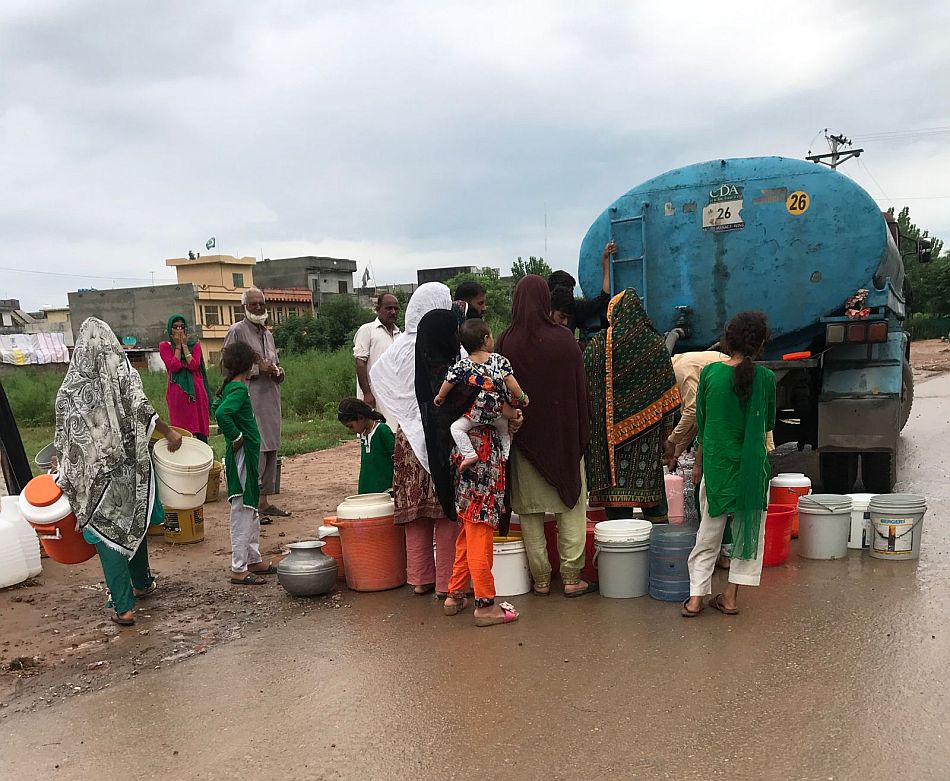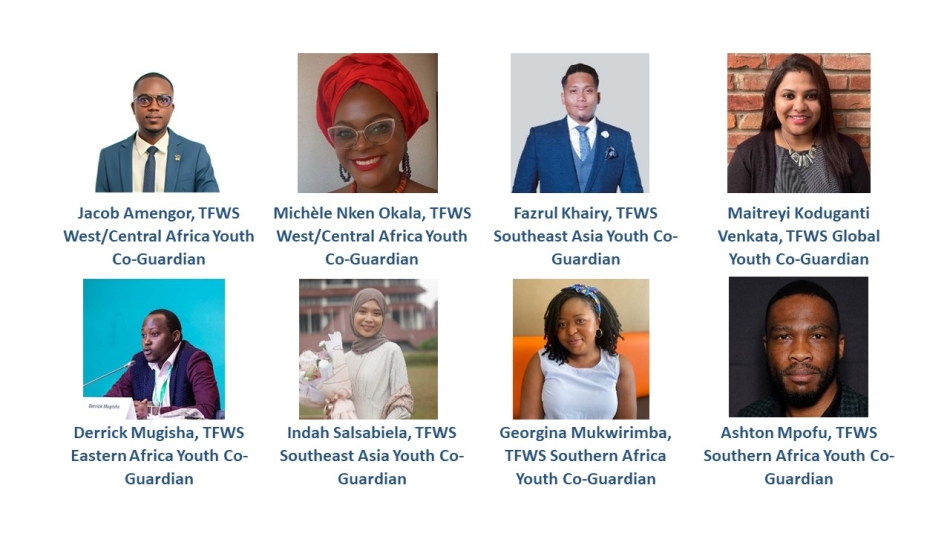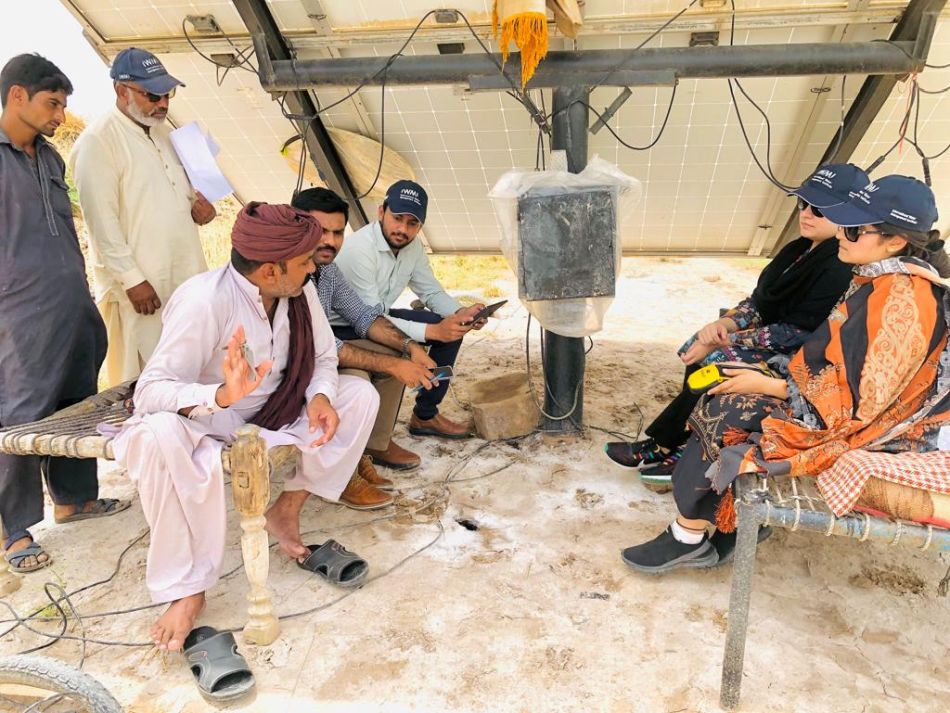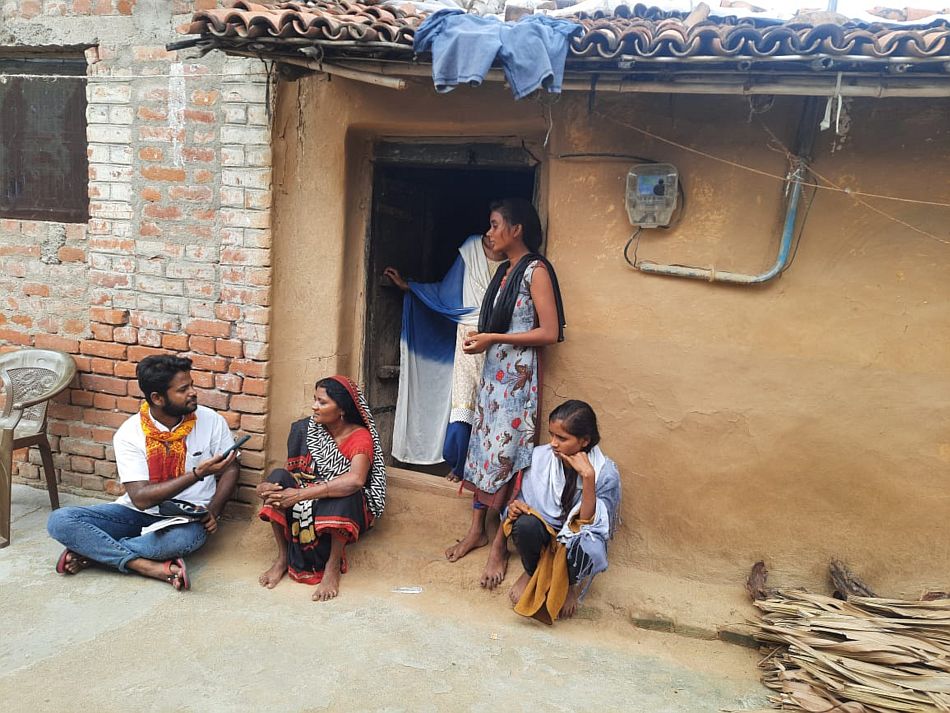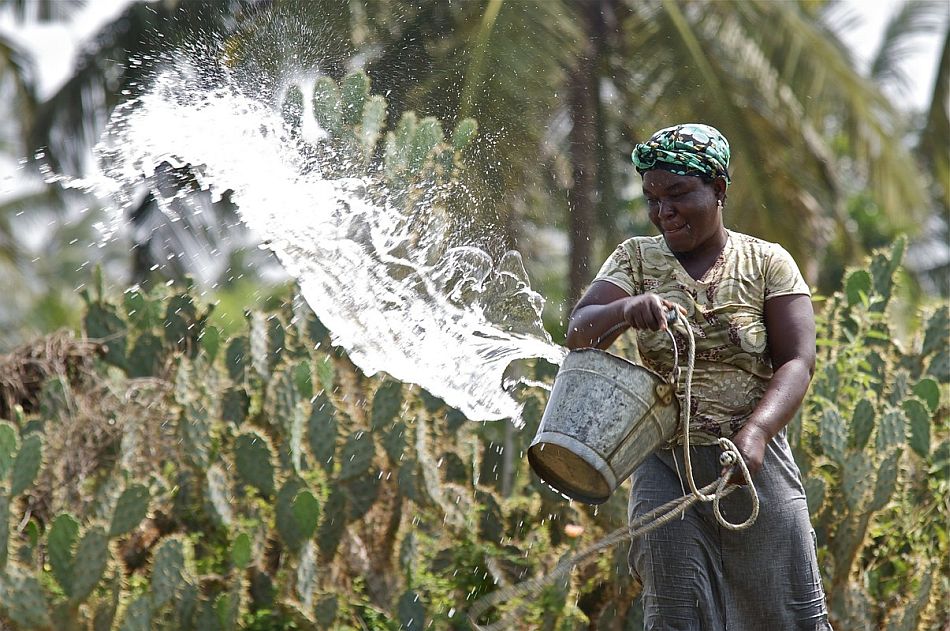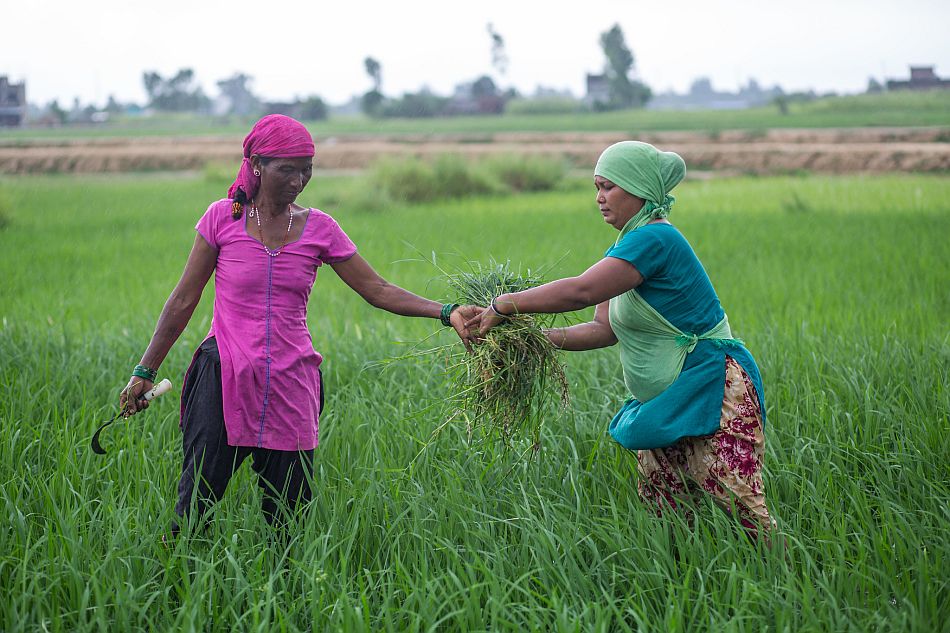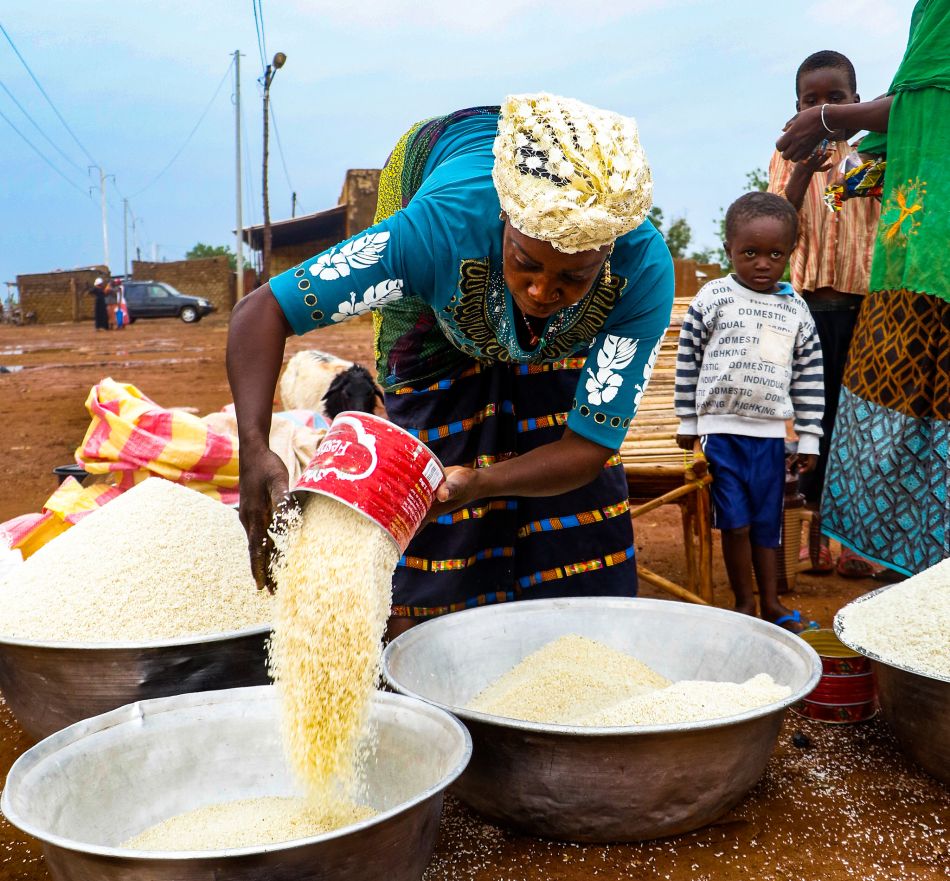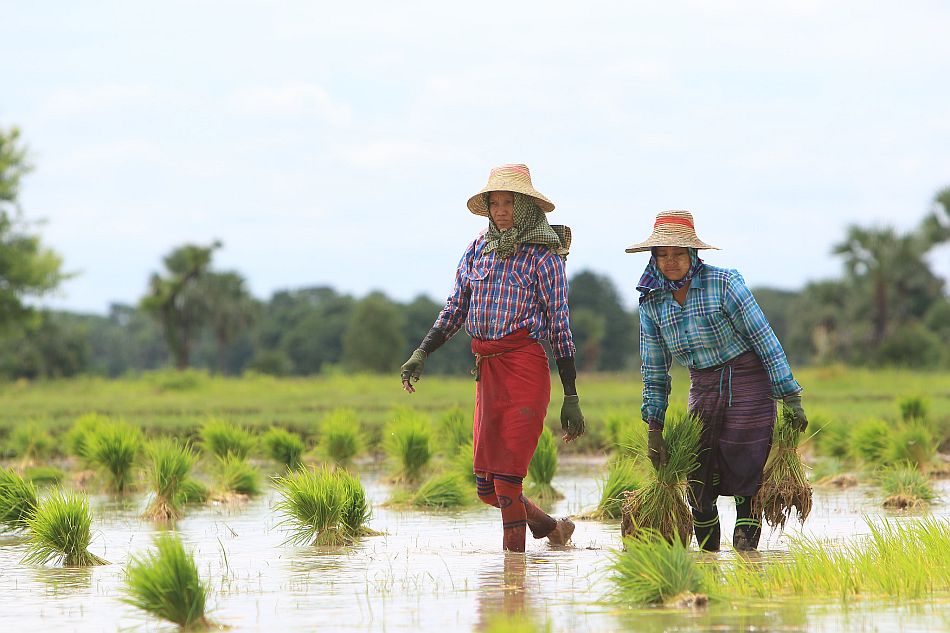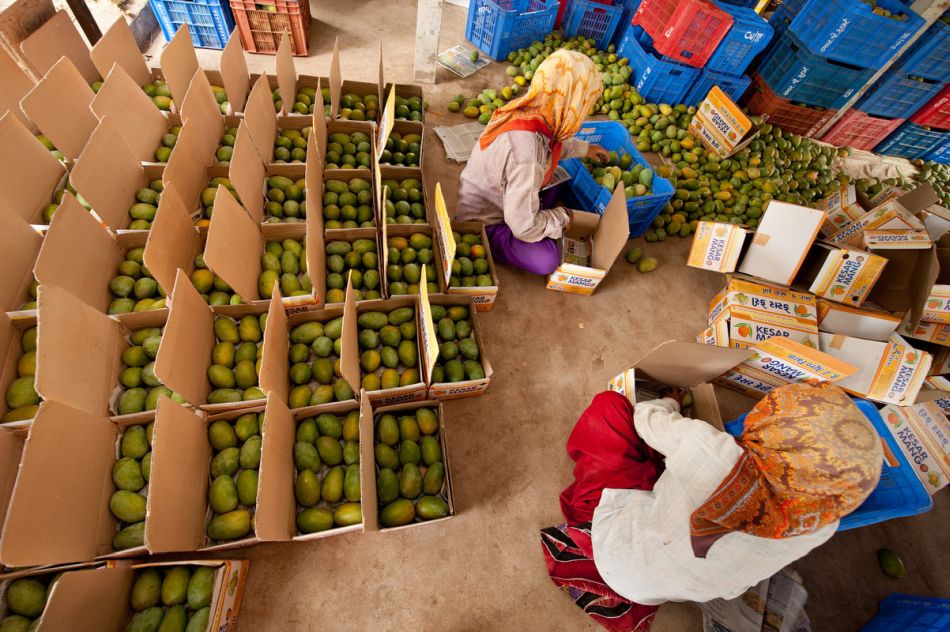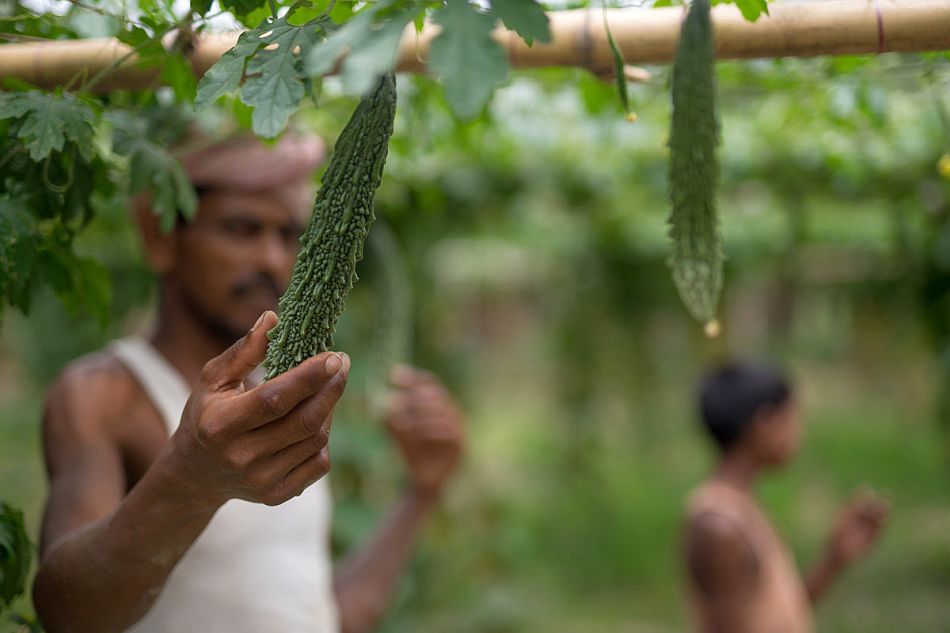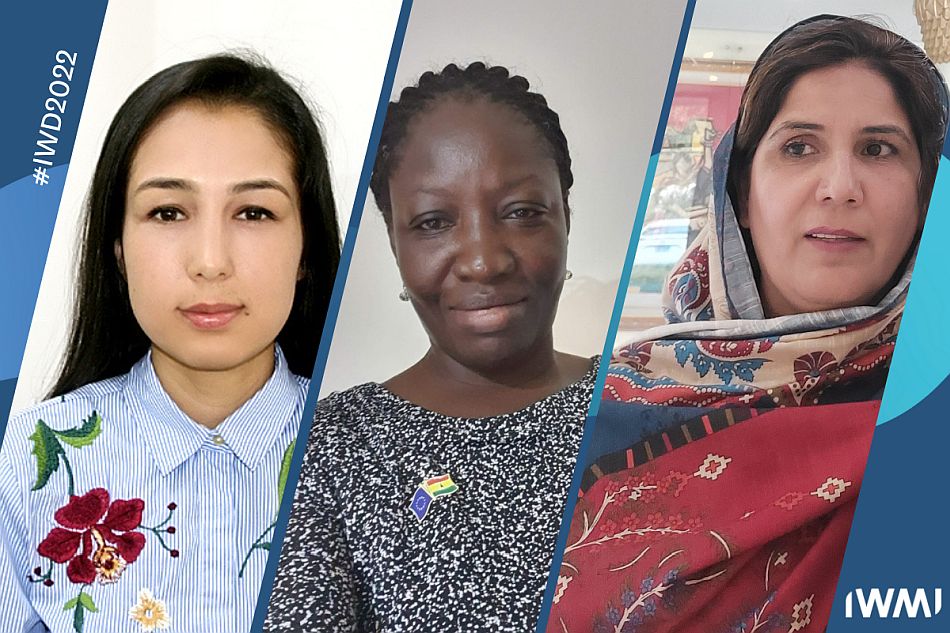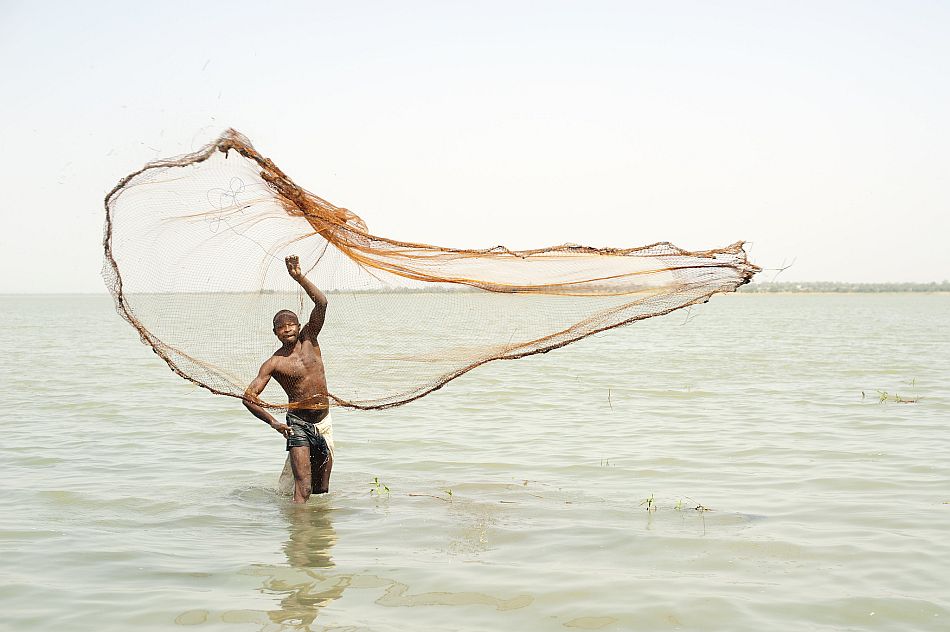By Labisha Uprety, Research Officer – Policy and Water Governance, IWMI-Nepal
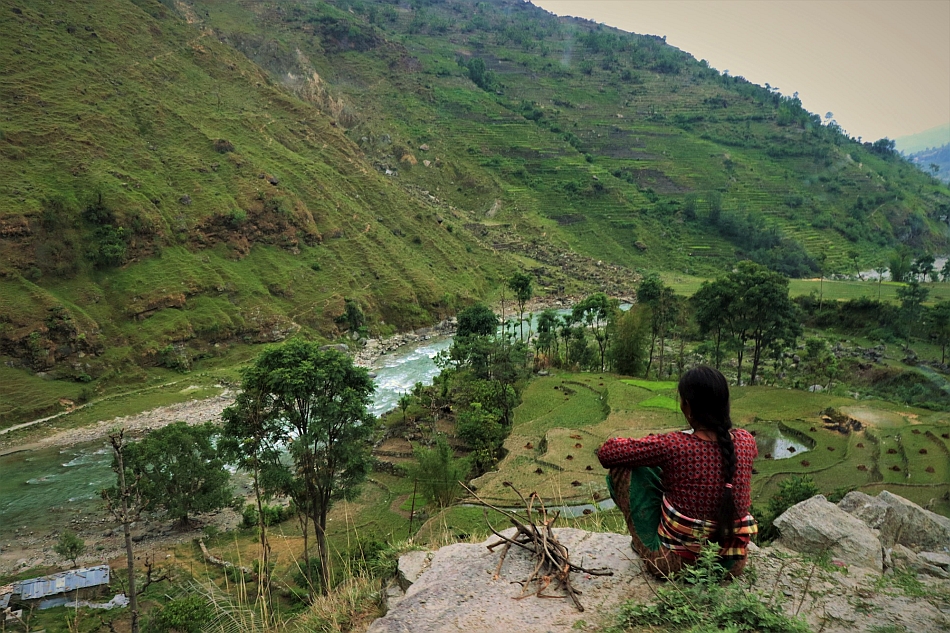
The coronavirus pandemic has fundamentally changed the way we live our lives. Many of us are now working from home, which can create challenges for researchers faced with being unable to physically access the field. Covid has forced us to undertake research in different ways. In order to continue researching on gender and water systems, researchers from IWMI-Nepal engaged with local stakeholders through radio dialogues, phone interviews, and online calls as alternative means of data-collection during COVID-19.
The Radio
One of the ways we collected data was by organizing radio dialogues at a local level. Two modalities were explored – the first being live on-air interviews with only about one or two participants in the studio coupled with calls to other stakeholders in real time. The second was using pre-recorded interviews collected from the field that were pieced together into a single program.
The two-episode programs were run hand-in-hand with local FM stations where the first episode heard concerns from general community members, water user groups (WUGs), school representatives and civil society organizations. These were then relayed to local government officials at the Rural Municipality (RM) in the second episode. Insights into major water supply system problems were highlighted in the programs: they included the ones arising during construction (such as lack of transparency in forming of the WUGs responsible for overseeing the project), and those arising post-construction (WUGs becoming dysfunctional, not collecting tariffs regularly, and systems eroding due to lack of repair and maintenance). These committees also mostly saw tokenistic participation of women and minorities. Incremental progress has been made however, with Water, Sanitation and Hygiene (WASH) Behaviour Communication Strategies being developed coupled with a slow but steady revival of local government level WASH committees.
Phone interviews
Phone interviews came next, which helped us perform deep dives into concerns raised during the radio programs. The modality involved identifying interested participants with the support of our local partners, and then arranging for times for the interview best suited to the participants’ schedule. Many striking reflections were shared – such as the deriding of women leaders as being ‘only a leader for women’ in the community when they spoke on gender issues. Many others were subtly gathered from the dynamics of the conversation alone – such as husbands listening in and instructing their wives (who had been elected into office) on what to share with us.
Video-calls
In an attempt to try and connect to many of our stakeholders at once, we also attempted to host an online call, more so to understand how local governments were dealing with the pandemic.
Video-calling relies on stable internet connection however, something that’s not always available to many of our rural participants. Mobile phones equipped with data and local government offices newly equipped with internet connections made this possible. Local governments talked to us about managing the massive influx of migrant returnees at the border and how they set up quarantines and isolation centers with limited resources.
WASH – that which already receives a low funding priority – saw some of its budget being redirected to COVID-related activities. A long-term WASH focused strategy instead needs to be visualized and implemented so that communities are better able to withstand such catastrophes in the future.
What our surveys found
Radio programs, phone interviews, and online calls thus turned out to be valuable tools for distance data-collection, but the process was not without its challenges. Trying to convince people to share their lived experiences over the phone to virtual strangers is always difficult. Women also find it hard to give their time freely compared to men, as they are burdened not only with official duties but also unpaid care work. Mobility issues also prevented some women from becoming part of one of our live-studio interactions. Despite challenges, the tools used still contributed valuable data, something that could have not been possible without the constant support from our local partners.
It is no surprise that the resource-poor have been hit hardest by the pandemic as also noted by our respondents. Daily-wage workers, among whom many are single women, have had their livelihoods disrupted, especially during the intermittent lockdowns in the country. While safety protocols are being espoused the world over, the poor have limited means to be able to practice it well – due to lack of proper information, and/or not having enough space at home to quarantine alone if the need arises. Minorities, such as the Dalits, were also more likely to rely on communal shared water being unable to pay for private piped water systems, increasing their chances of catching COVID-19.
Local governments have been at the forefront of combatting COVID-19 on the ground level but the pandemic has cut into their existing development budgets. WASH, which already receives a low funding priority, saw some of its budget being re-directed to short-term COVID tackling efforts. A long-term WASH focused strategy instead needs to be visualized and implemented so that communities are better able to withstand such catastrophes in the future.




